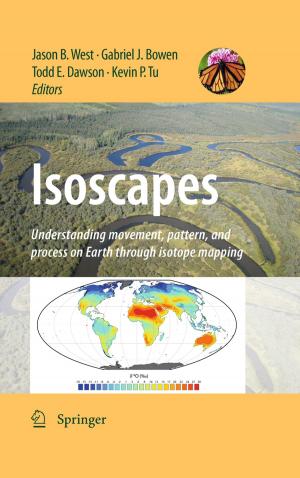The Shapes of Knowledge from the Renaissance to the Enlightenment
Nonfiction, Religion & Spirituality, Philosophy, Modern, History| Author: | ISBN: | 9789401132381 | |
| Publisher: | Springer Netherlands | Publication: | December 6, 2012 |
| Imprint: | Springer | Language: | English |
| Author: | |
| ISBN: | 9789401132381 |
| Publisher: | Springer Netherlands |
| Publication: | December 6, 2012 |
| Imprint: | Springer |
| Language: | English |
The original idea for a conference on the "shapes of knowledge" dates back over ten years to conversations with the late Charles Schmitt of the Warburg Institute. What happened to the classifications of the sciences between the time of the medieval Studium and that of the French Encyclopedie is a complex and highly abstract question; but posing it is an effective way of mapping and evaluating long term intellectual changes, especially those arising from the impact of humanist scholarship, the new science of the seventeenth century, and attempts to evaluate, to apply, to reconcile, and to institutionalize these rival and interacting traditions. Yet such patterns and transformations cannot be well understood from the heights of the general history of ideas. Within the ~eneral framework of the organization of knowledge the map must be filled in by particular explorations and soundings, and our project called for a conference that would combine some encyclopedic (as well as interdisciplinary and inter national) breadth with scholarly and technical depth.
The original idea for a conference on the "shapes of knowledge" dates back over ten years to conversations with the late Charles Schmitt of the Warburg Institute. What happened to the classifications of the sciences between the time of the medieval Studium and that of the French Encyclopedie is a complex and highly abstract question; but posing it is an effective way of mapping and evaluating long term intellectual changes, especially those arising from the impact of humanist scholarship, the new science of the seventeenth century, and attempts to evaluate, to apply, to reconcile, and to institutionalize these rival and interacting traditions. Yet such patterns and transformations cannot be well understood from the heights of the general history of ideas. Within the ~eneral framework of the organization of knowledge the map must be filled in by particular explorations and soundings, and our project called for a conference that would combine some encyclopedic (as well as interdisciplinary and inter national) breadth with scholarly and technical depth.















